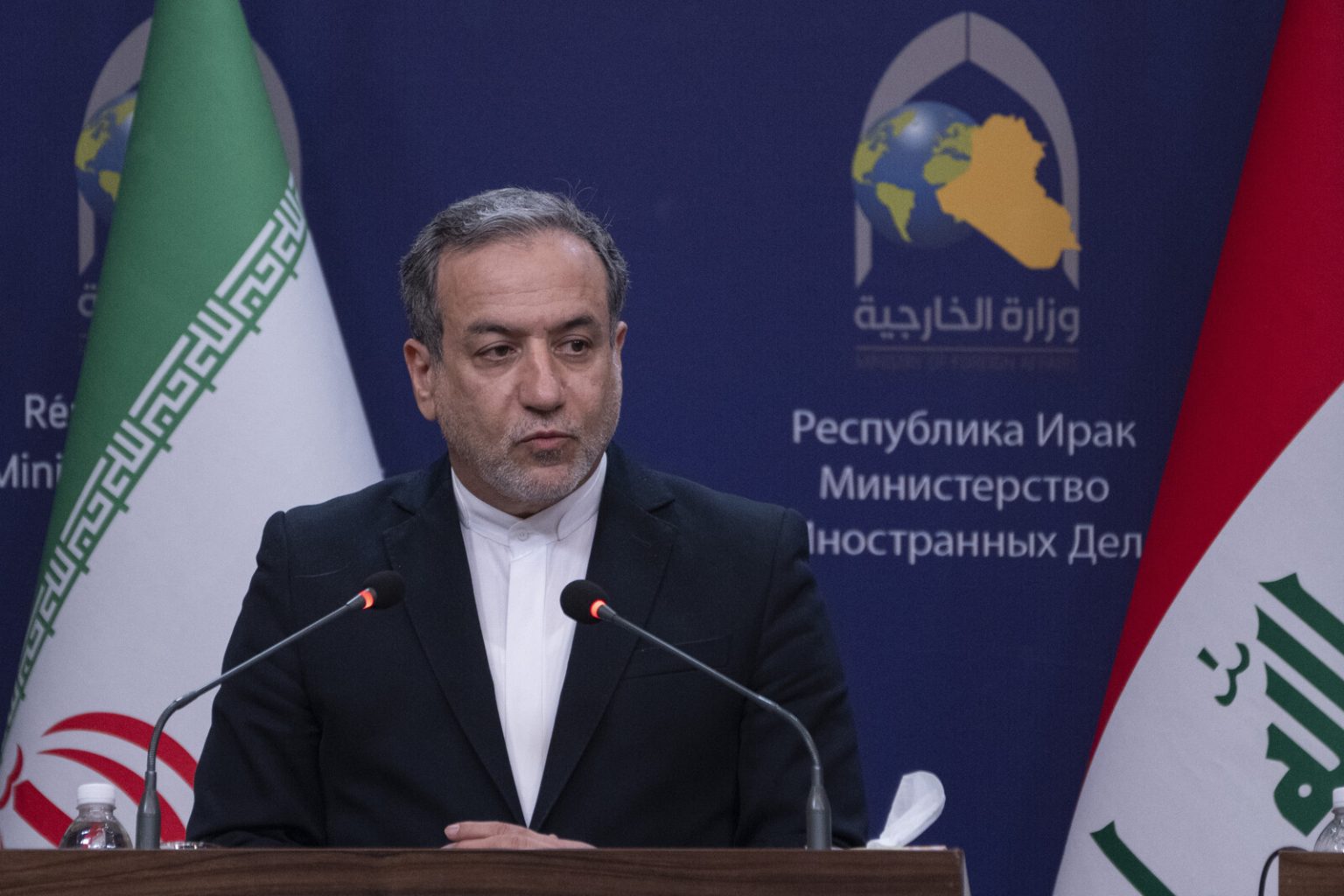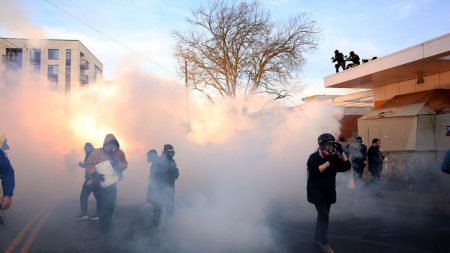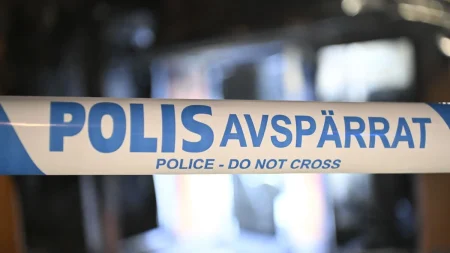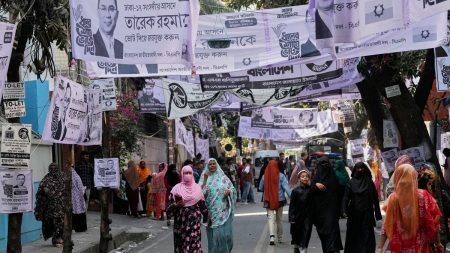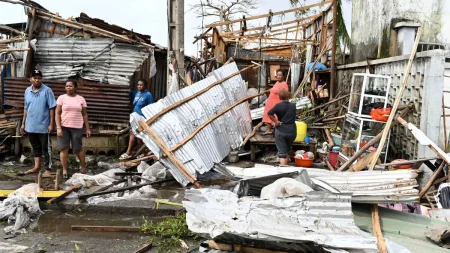The diplomatic landscape in Doha, Qatar, became the stage for a complex interplay of international actors seeking to influence the trajectory of the Syrian conflict. The meeting, significant for its inclusion of nations with divergent interests in Syria, aimed to explore potential pathways towards a resolution for the protracted war. Russia, Iran, and Turkey, holding considerable sway over the various factions involved in the Syrian conflict, played prominent roles in the discussions. Notably, Egypt, Saudi Arabia, and Jordan, historically critical of the Syrian regime, also opted to engage in the dialogue, signaling a potential shift in regional dynamics and a renewed interest in contributing to a negotiated settlement. The presence of the UN Special Envoy for Syria, Geir Pedersen, underscored the international community’s continued focus on finding a peaceful resolution to the crisis.
Russia, a steadfast ally of the Syrian regime, entered the talks with a clear emphasis on preventing what it terms ”terror groups” from gaining control in Syria. Represented by Foreign Minister Sergey Lavrov, Russia’s stance reflects its long-standing military and political support for President Bashar al-Assad. This position contrasts sharply with Turkey’s support for various rebel groups within Syria, highlighting the inherent challenge of aligning the interests of these key players. Iran, another crucial backer of the Assad regime, further complicated the discussions with its own strategic interests in the region. The convergence of these three nations, with their often conflicting objectives, created a dynamic and demanding diplomatic environment in Doha.
The meeting in Doha served as a continuation of the Astana process, initiated in 2017 by Russia, Iran, and Turkey, to address the Syrian crisis. The Astana format, operating outside the UN-led Geneva process, has yielded mixed results in achieving a lasting peace. While it has contributed to de-escalation in certain areas of Syria, it has also been criticized for bypassing other key international stakeholders and for not adequately addressing the political transition process. The Doha meeting, however, suggested a potential shift in this dynamic, with the inclusion of Arab states like Egypt, Saudi Arabia, and Jordan, indicating a broader regional effort to address the Syrian crisis.
A significant outcome of the Doha meeting was the agreement between Russia, Iran, and Turkey to foster a political dialogue between the Syrian regime and what they termed ”legitimate opposition groups.” This agreement, while representing a step towards a political solution, raises several crucial questions. The definition of ”legitimate opposition” remains ambiguous and could be a point of contention, given the fragmented nature of the Syrian opposition. Furthermore, the willingness of both the Syrian regime and the opposition to engage in meaningful dialogue remains uncertain. The effectiveness of this proposed dialogue will depend on the inclusivity of the opposition groups involved and the sincerity of all parties to negotiate in good faith.
The presence of the UN Special Envoy, Geir Pedersen, in the Doha talks highlighted the importance of aligning these regional efforts with the broader international framework for resolving the Syrian conflict. The UN-led Geneva process, while stalled for several years, remains the internationally recognized platform for mediating a political solution in Syria. Pedersen’s participation signifies an attempt to bridge the gap between the Astana and Geneva processes and ensure that any regional initiatives complement the UN’s efforts. The success of this endeavor will hinge on the ability of the international community to coordinate its actions and present a united front in addressing the Syrian crisis.
The Doha meeting, while showcasing a renewed regional and international focus on the Syrian conflict, also underscored the formidable obstacles that remain. The deep-seated divisions between the key actors, the complex web of alliances and rivalries, and the fragmented nature of the Syrian opposition pose significant challenges to achieving a sustainable peace. The agreement to facilitate a political dialogue between the Syrian regime and the opposition, while a positive step, requires careful implementation and a genuine commitment from all parties to engage in constructive negotiations. The future of Syria remains uncertain, but the Doha meeting signifies a potential opening for renewed diplomatic efforts to finally bring an end to the decade-long conflict.





